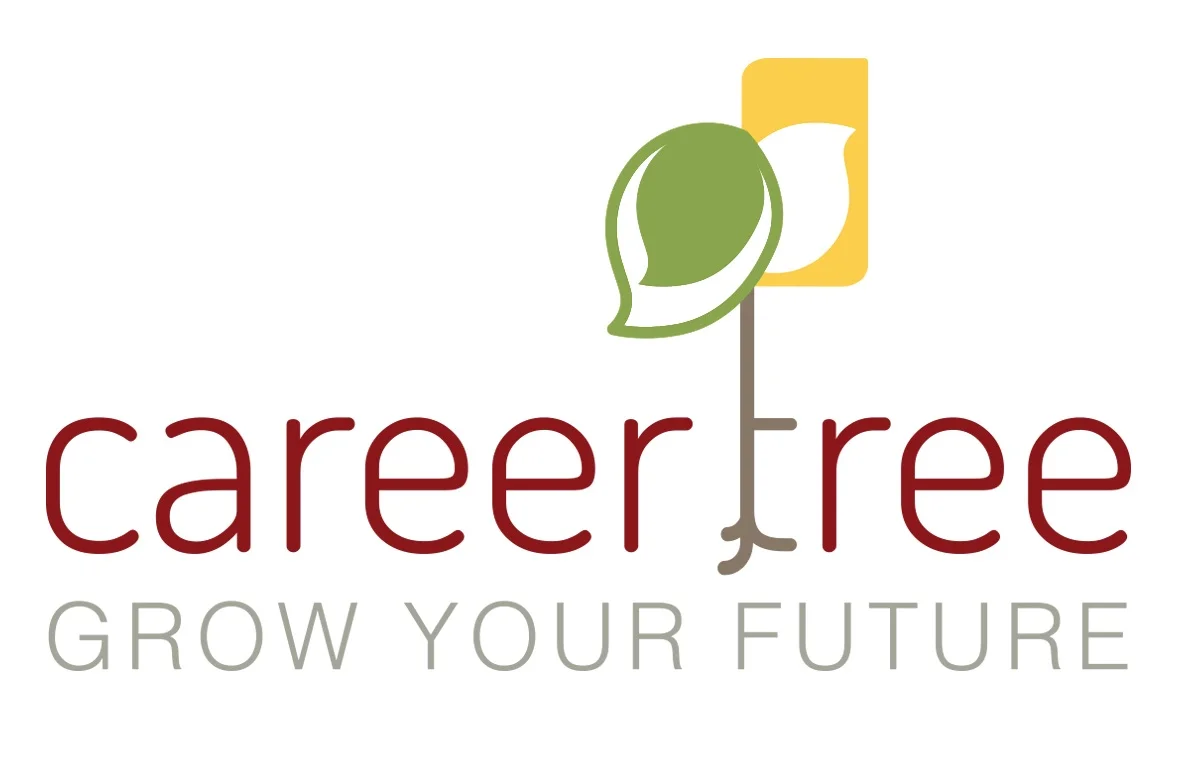Why work with a Career Coach?
Searching for a job involves so much more than scanning online job sites, company websites and blanket dropping CV after CV to HR Managers.
A report - Career Development Works - commissioned by the Career Development Association of Australia summarised formal empirical research and professional experience on the effectiveness of professional career development interventions and services.
Using a meta-analysis of 47 independent research studies, which involved a total of 9575 participants, the report identified the top 6 job search interventions.
What are the top 6 job search interventions?
Job Search Skills - Learning how to recognise opportunities and suitable roles.
Improving Self-Presentation - Be able to promote and be assertive about work and achievement.
Boosting Self-efficacy - Working to enhance belief and confidence in abilities and capacity to undertake work tasks and duties and meet expectations.
Encouraging Proactivity - Career exploration and guidance, active involvement in career management, and developing a meaningful career plan.
Promoting Goal-Setting - Establishing meaningful actions and plans.
Enlisting Social Support - Connecting to supportive people, career allies and networks to become aware of and create opportunities.
This report established that people who participated in those who focused on these six job search interventions were overall 2.67 times more likely to secure a job than those that do not target these essential elements.
If you…
Develop Job Search Skills: You are 3.32 times more likely to find a job than those who don't.
If you Improve Self Presentation, you are 3.40 times more likely to secure a job.
If you Boost Self Efficacy, you are 3.25 times more likely to secure a job.
Success is even higher for interventions that target proactivity, goal setting, and enlisting social support.
If you become Proactive in your career management, you are 5.88 times more likely to secure a job.
If you plan and take steps to set and achieve goals, you are 4.67 times more likely to succeed than those who don't.
If you develop an awareness of your social support network and career allies, you are 4.26 times more likely to secure a job.
At Career Tree, we have developed the expertise to ensure that you, the career explorer, build and refine skills in the top 6 critical job search interventions.
The Intelligent Career Card Sort ICCS®, enables career explorers to work to understand the Why better, How and Who of careers, create meaningful plans and action steps to be proactive, set goals and enlist support and career allies.
Working to develop tools such as CVs and interview skills, develop opportunity awareness and job search strategies to boost self-efficacy, improve self-presentation and develop job search skills.













